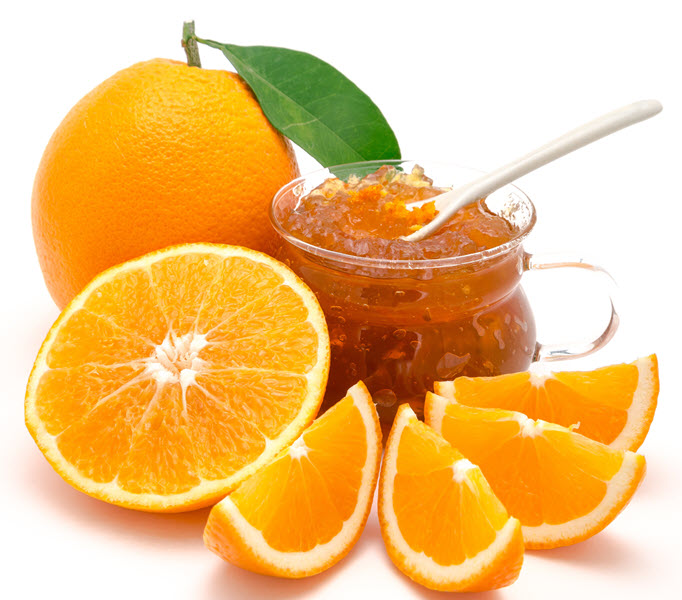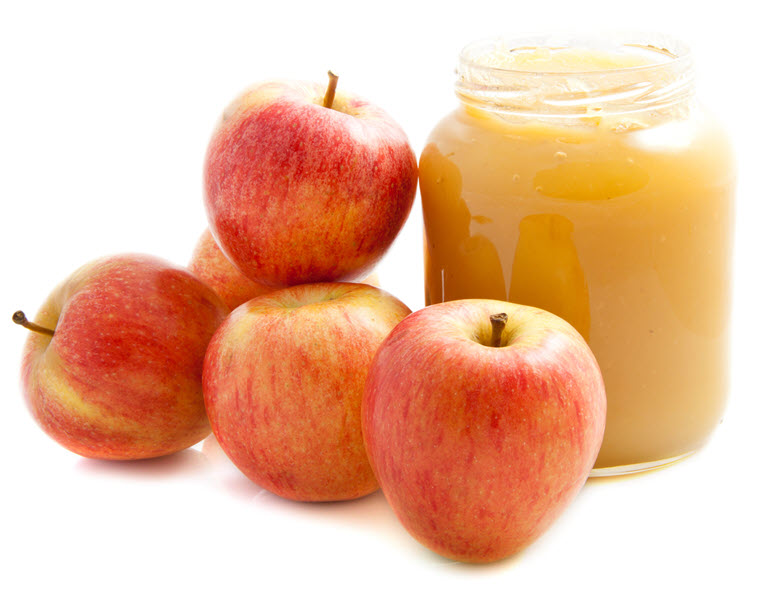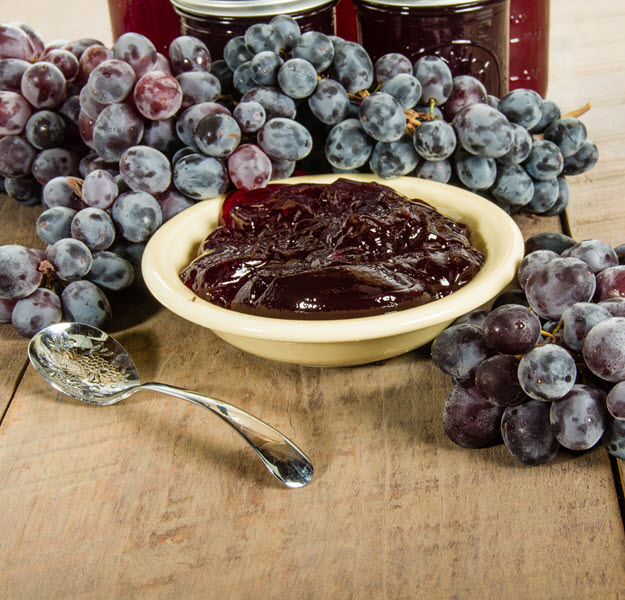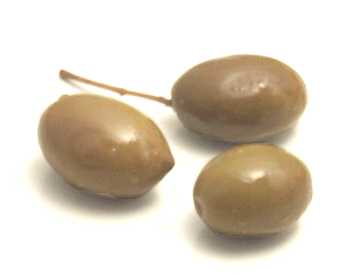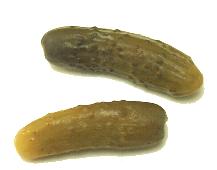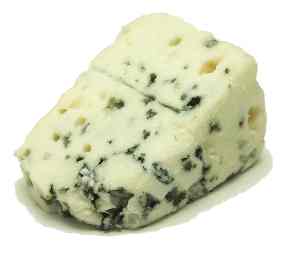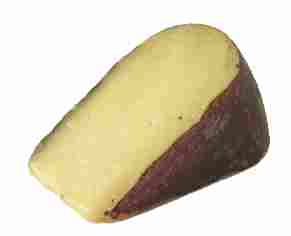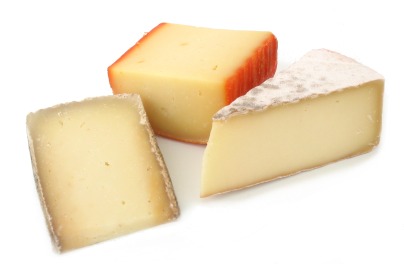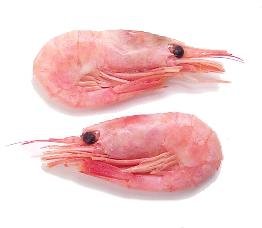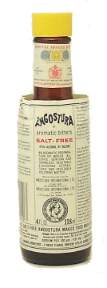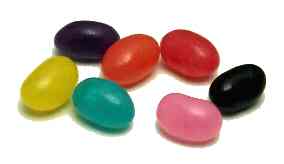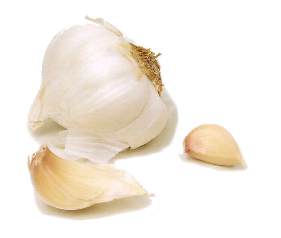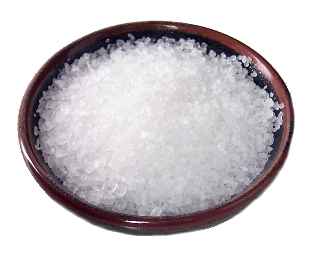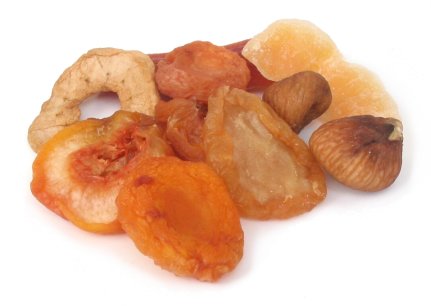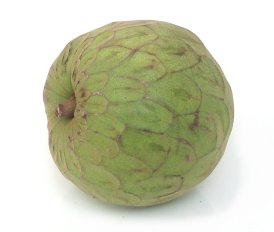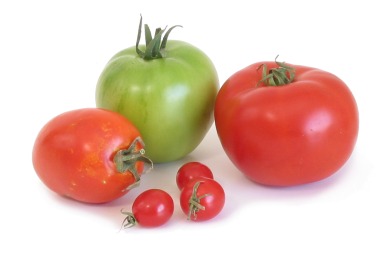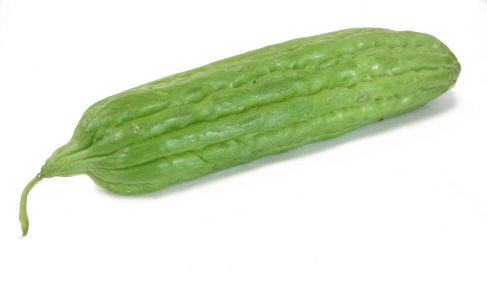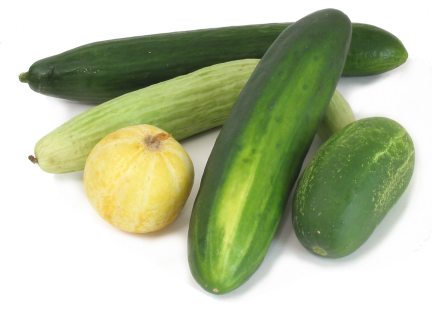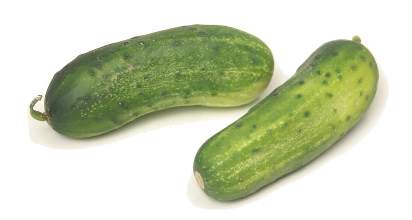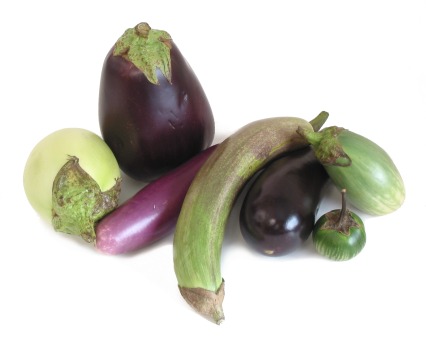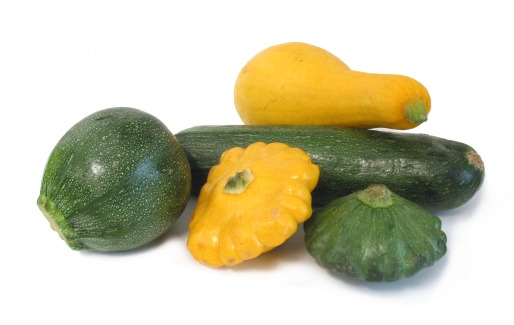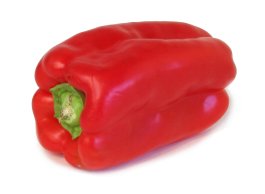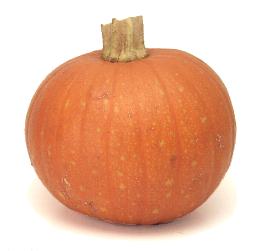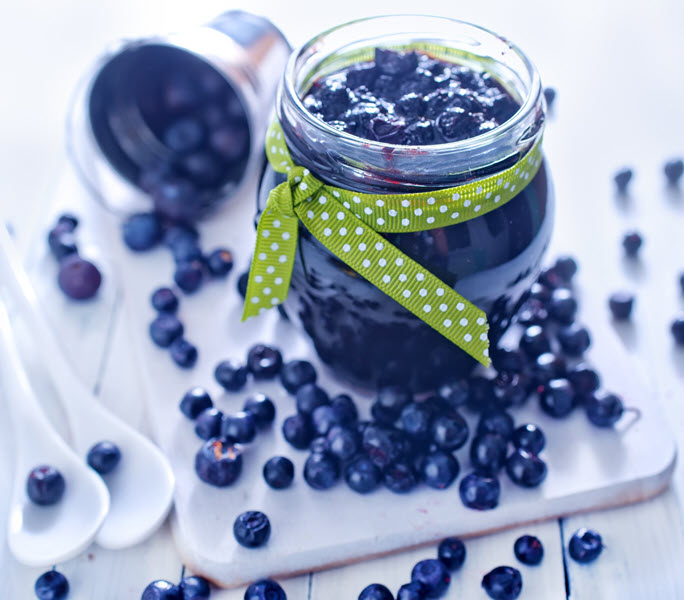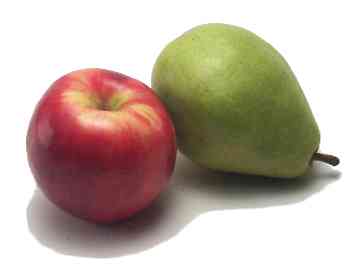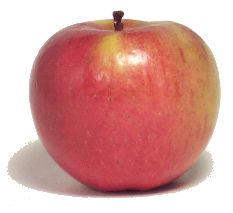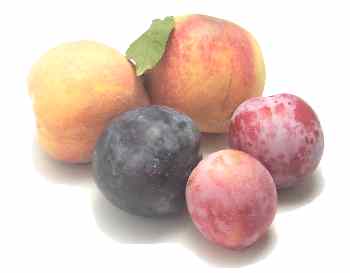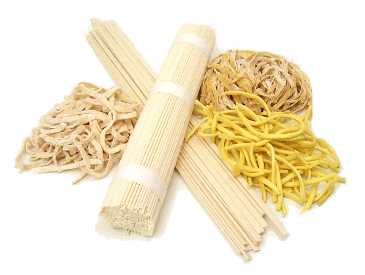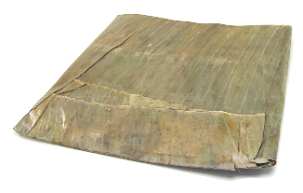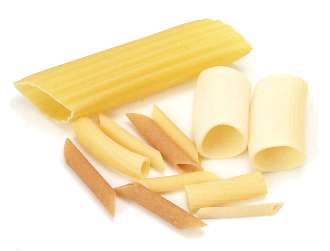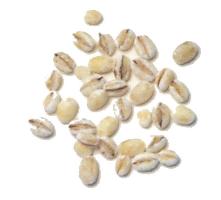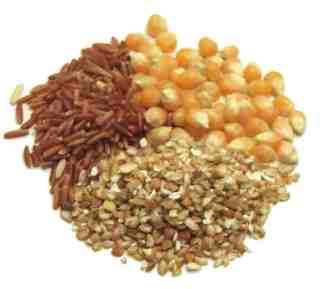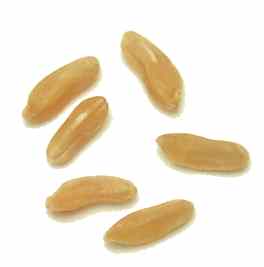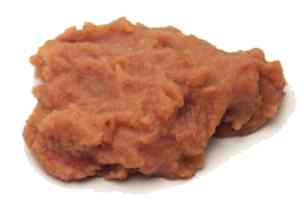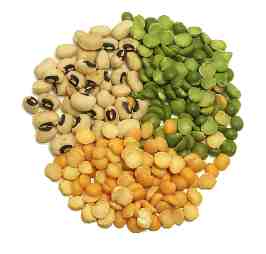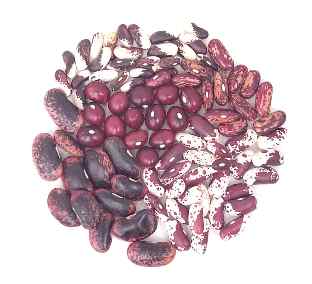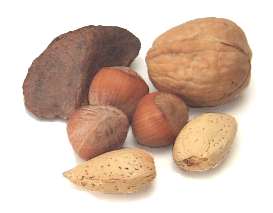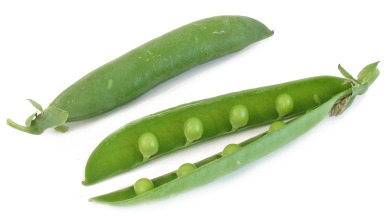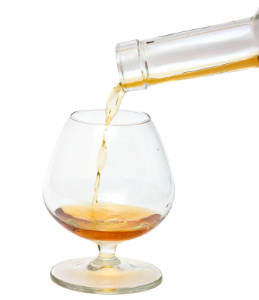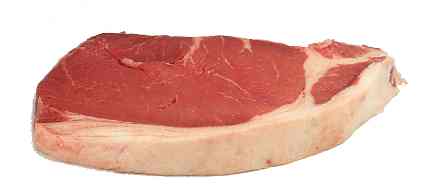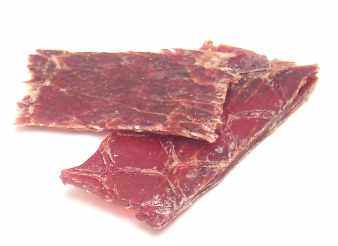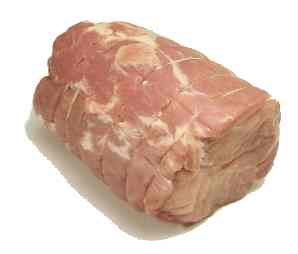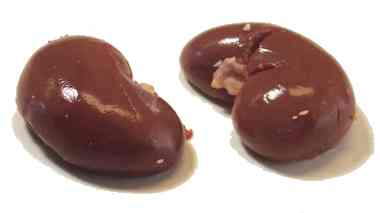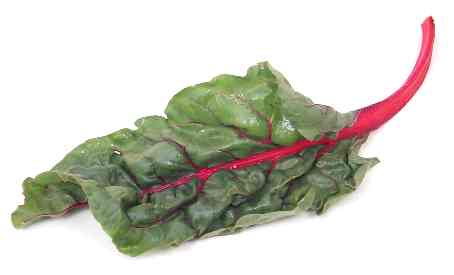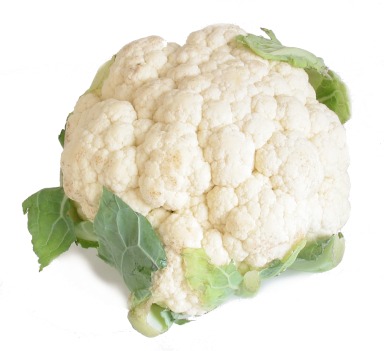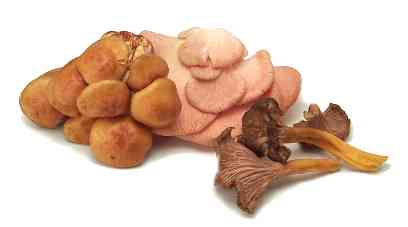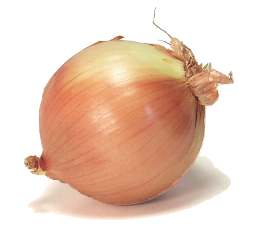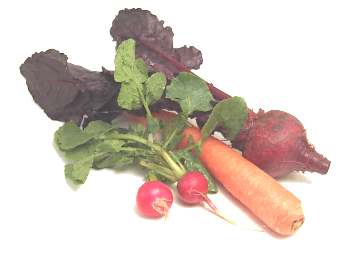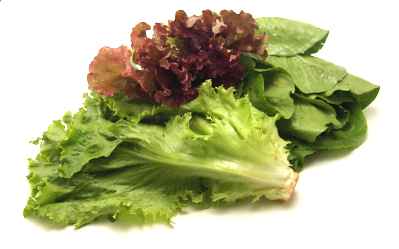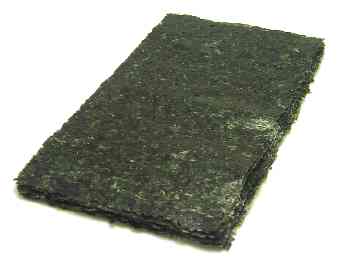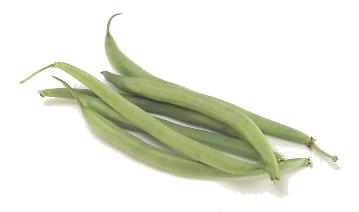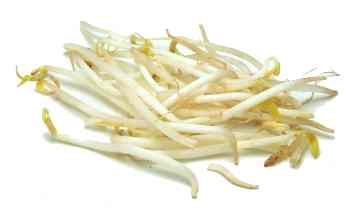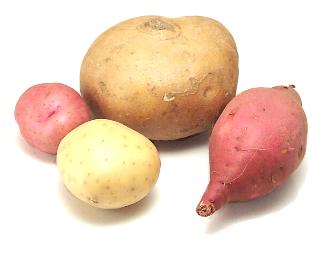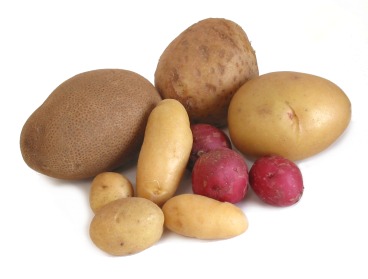All Ingredients
bigoli
This Venetian pasta resembles thick spaghetti, only it has a rough surface to better absorb flavorful sauces. It's good with shellfish, beans, or hearty meat sauces.
Learn morebilberry
This small, tart berry is the European counterpart to the American blueberry. Bilberries are usually made into preserves.
Learn morebiltong
This South Africa's spicy version of beef jerky. It's often made with game animals, like wildebeests and zebras.
Learn moreBintje potato
This is a creamy, yellow-fleshed potato that's especially good for roasting and making fries
Learn morebird's nest
Available at some Chinese markets. The white nests are cleaner and more expensive than the black ones.
Learn morebiscotti
Biscotti are cookies that are hard, dry, and intensely flavored--think of them as teething biscuits for adults. They're made by baking a loaf of cookie dough, slicing it, and then baking the slices a second time. They come in several flavors, including almond, chocolate, anise, and hazelnut. They can be stored for a long time in a dry, airtight container.
Learn morebiscuit mix
Use this mix to make biscuits as well as pancakes and other baked goods. Bisquick is a well-known brand. To make biscuits from biscuit mix, combine 2 parts biscuit mix with 1 part water, roll out on floured surface, cut into biscuits, and bake for about 10 minutes at 425º.
Learn morebishop's crown
These mild sweet peppers are from South America. They mature from green to red. The name bishop's crown is related to the distinctive crown like shape.
Learn morebitter almond
Unprocessed bitter almonds have a more intense flavor than ordinary almonds, but they aren't available in the United States since they're mildly toxic if eaten raw. Instead, they're processed and used to make oil of bitter almonds, almond extract, almond liqueurs, and orgeat syrup. This name is often used (incorrectly) for the Chinese almond.
Learn morebitter liqueurs
These are liqueurs and fortified wines that have a bittersweet flavor. They're often mixed with soda and served as apéritifs. These liqueurs are sometimes called bitters, but they're not as intensely flavored as the bitters that come in little bottles, which are normally measured out in drops. Popular brands include Campari, Fernet Branca, Byrrh, Dubonnet, Punt è Mes, Cynar, Suze, Jägermeister, and Amer Picon.
Learn morebitter melon
This bitter vegetable is believed to have medicinal properties and is widely used throughout Asia.
Learn morebitters
Bitters are made of alcohol flavored with herbs, peels, bark, spices, and bitter-tasting roots. Cooks add a dash or two of them to flavor cocktails, coffee, and various dishes. To learn about different varieties of bitters, click here.
Learn morebittersweet chocolate
This is a sweetened chocolate that's heavy on the cocoa solids and light on the sugar, giving it a rich, intense chocolate flavor. Many pastry chefs prefer bittersweet to semi-sweet or sweet chocolate, but the three can be used interchangeably in most recipes. The best bittersweet chocolates contain at least 50% cocoa solids.
Learn moreblack azuki bean
This is a black version of the more common red azuki bean. Like their red relatives, black azuki beans are sweet and relatively easy to digest, so they won't make you as gassy as other beans. They also don't take as long to cook.
Learn moreblack bean
These beans are a staple of Latin American and Caribbean cuisine, where they're used to make side dishes, soups, bean dips, and salads. They have a strong, earthy flavor, so they're often combined with assertive flavorings. Don't confuse black beans with fermented black beans.
Learn moreblack bean sauce
This is made from fermented black beans. A variation is hot black bean sauce, which has chile paste added, and black bean sauce with garlic. See the Asian Black Bean Sauce posting on RecipeSource.com.
Learn moreblack chicken
Many Asians believe that soup made from black chicken has medicinal properties that are especially helpful to women.
Learn moreblack chickpeas
These are more rust-colored than black, and have a nutty flavor. Look for them in Indian markets.
Learn moreblack cumin seeds
Indian cooks use this spice in many of their curries and tandoori dishes. It's darker and sweeter than ordinary cumin. To bring out its nutty flavor, it helps to toast the seeds briefly before using them.
Learn moreblack currant
These are too tart to eat out of hand, but they're often used to make syrups, preserves, and the liqueur cassis. Frozen are a good substitute for fresh.
Learn moreblack fonio
Black fonio is a grain similar to fonio (white fonio). It is also important in the dryer areas of sub-Saharan Africa.
Learn moreBlack Forest ham
This moist German ham is smoked over pine and fir, and coated with beef blood to give it a black exterior.
Learn moreblack garlic
Black garlic results from the aging of regular garlic in a controlled environment. It has a softer milder taste.
Learn moreblack muscat wine
This is a late harvest dessert wine made with black muscat grapes and sometimes fortified with brandy. Unlike many dessert wines, it goes well with chocolate.
Learn moreblack mustard seeds
Indian cooks prefer these over the larger yellow mustard seeds that are more common in the west. Look for this in Indian markets or health food stores.
Learn moreblack olives
These are olives that have been allowed to ripen on the tree. American recipes that call for black olives are probably referring to the Mission olive. Other varieties of black olives are the Aleppo, Alphonso, Amphissa, black Cerignola, Gaeta, black Greek, Kalamata, Ligurian, Lugano, Moroccan dry-cured, Niçoise, Nyons, Ponentine, and Royal.
Learn moreblack pasta
This is pasta flavored with squid or cuttlefish ink, which turns it black. It's best served with shellfish.
Learn moreblack quinoa
Like ordinary quinoa, this cooks quickly, has a mild flavor, and a slightly crunchy texture. Rinse off its bitter coating before using.
Learn moreblack radish
These large, pungent radishes are better known in Eastern Europe than in the United States. With their black peels and white interiors, they can be fashioned into attractive garnishes, or you can peel and cook them like turnips. You can also serve them raw, though it helps to tame them down first by salting and rinsing them.
Learn moreblack salsify
When cooked, black salsify has the taste and texture of an artichoke heart. There are two types: salsify (white salsify) and the more highly regarded black salsify. After peeling black salsify, put it into acidulated water right away to prevent it from turning brown. Canned black salsify is a good substitute for fresh, but it's hard to find.
Learn moreblack salt
Look for this in Indian markets, either ground or in lumps. It's more tan than black, and has a very strong, sulfuric flavor.
Learn moreblack sapote
This fruit has an olive-green rind and tastes like a papaya that's been sprinkled with cocoa.
Learn moreblack stone flower
Black stone flower is a lichen used as a spice in soups and meat dishes.
Learn moreblack treacle
This is the British version of America's blackstrap molasses. It's common in Britain, but hard to find in the United States. Look for it in specialty markets. Don't confuse this with golden syrup, which is sometimes called light treacle.
Learn moreblack trumpet mushroom
This is a very choice, flavorful mushroom. Dried black trumpets are excellent, too.
Learn moreblack walnut
These are hard to shell, but tastier than ordinary walnuts. Bakers use them to take their fudge and cookies up a notch.
Learn moreblack-eyed pea
Originally from China, these chewy peas were common fare on slave plantations. They're still popular in the South, where they're traditionally eaten on New Year's Day or combined with rice and sausage to make Hoppin' John. They don't need soaking and cook fairly quickly. Don't overcook them, or they'll get mushy.
Learn more











